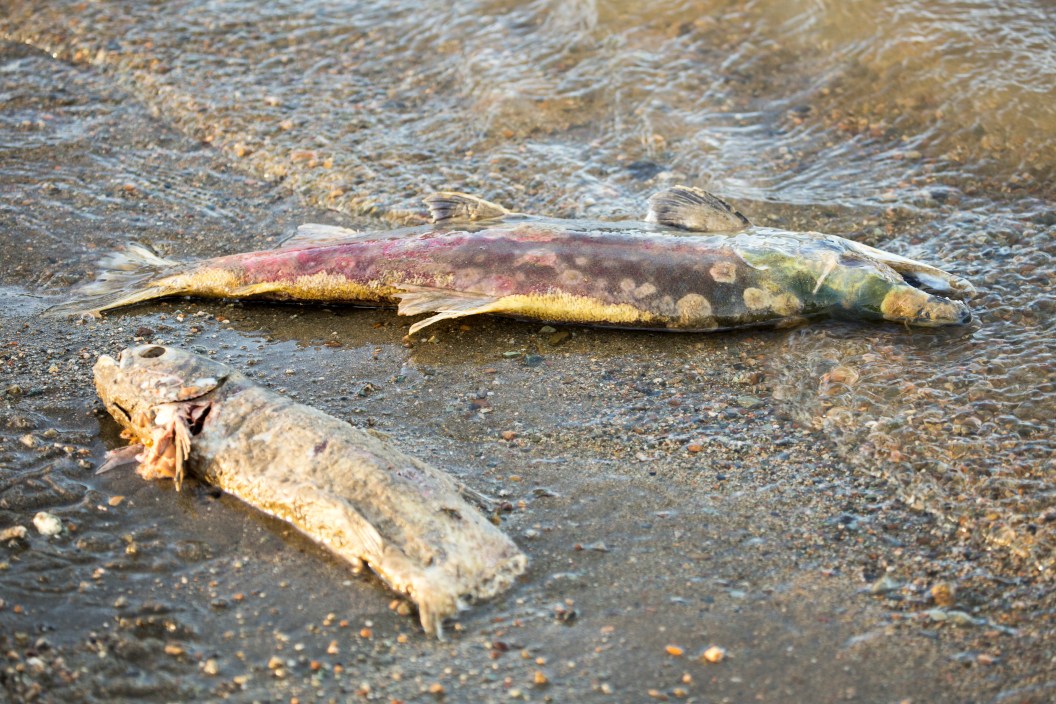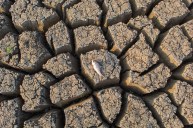A new assessment, released by the International Union for Conservation of Nature's (IUCN) on December 11, reveals that numerous species of fish around the world are at risk of extinction. The assessment was a formal update to the IUCN's Red List of Threatened Species, which is the world's most comprehensive information source on the extinction risk of animals and plants.
This was the first exhaustive analysis of freshwater fish by the IUCN, and their published findings showed that over 3,000 species out of 15,000 species of fish were at risk. In other words, over a fifth of the world's freshwater fish species are on their way to becoming extinct. According to the World's Forgotten Fish Report, 80 species of freshwater fish have already gone extinct, including the Utah Lake sculpin, several species of ciscoe, and the Scioto madtom. The report also states that populations of migratory fishes such as salmon and sturgeon have fallen by 76% since 1970.
In their press release, the IUCN cited several different causes, much of them human-caused, that are increasing the risk of extinction for freshwater fish. The causes include water pollution, which affects 57% of freshwater fishwater fish species studied, dams and water extraction, affecting 45% of freshwater fish studied, overfishing, which threatens 25%, and invasive species and disease, threatening 33%.
Climate change is also negatively affecting freshwater fish, with 17% of species that were assessed pushed towards extinction by the effects of climate change, categorized by the IUCN as decreasing water levels, rising sea levels, and shifting seasons.
Atlantic salmon are one of the species that are being threatened. While they once sat in the "Least Concern" category, Atlantic salmon have now slid to "Near Threatened." Globally, the IUCN estimates population decreased by 23% between 2006 and 2020. Salmon, which require cold, clear water to thrive and spawn, have been massively impacted by climate change. Their food sources are low, meaning they head to spawn skinnier and weaker than is ideal, and warming waters in the rivers they swim up can give them heat stress. Dams also block salmons' access to spawning grounds, and water pollution and increased sedimentation from deforestation and agriculture muddies the clear rivers they call home.
"Freshwater fishes make up more than half of the world's known fish species, an incomprehensible diversity given that freshwater ecosystems comprise only 1% of aquatic habitat," Katy Hughe, the co-chair of the IUCN Species Survey Commission Freshwater Fish Speciality Group said in an IUCN press release. Without serious intervention in climate change, overfishing, pollution, and watercourse alterations, it's a diversity that is at a very real risk of disappearing forever.
The IUCN Red List now includes, in total, 157,190 species. 44,016 of them are threatened with extinction.
READ MORE: Why Are Flamingos Showing Up Where They've Never Been Seen Before?




